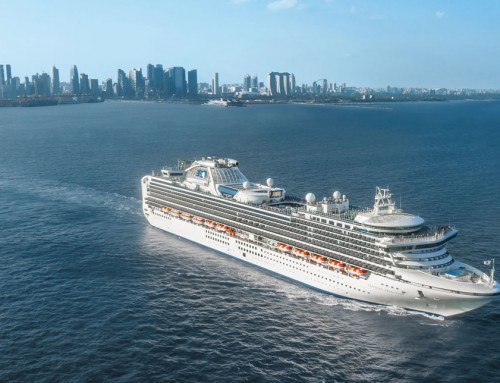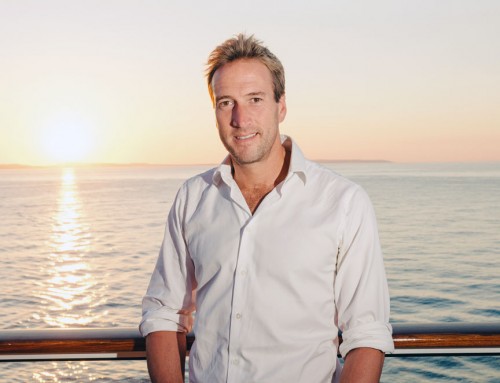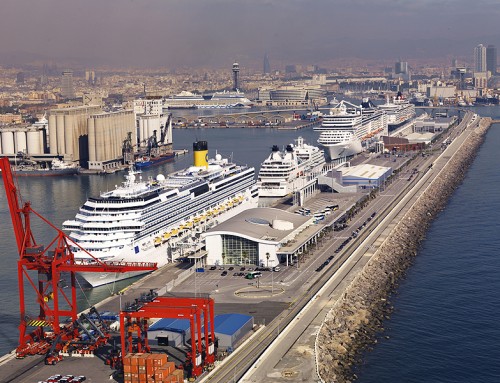There was so much to do, see, and experience during our 48-hour visit to Yangon that it’s difficult to know where to start. So let’s begin at the end.
Thi Thi had been the guide for Aegean Odyssey’s Red 2 tour bus from the first evening’s magical visit to the Shwedagon Pagoda. On the second day, while I flew on a separate trip to Mandalay, she led the group for a day-long visit to Bago and Myanmar’s tallest pagoda at Shwemawdaw. On our final morning she shepherded us round the myriad stalls of Scott’s Market – now re-named Bogyoke Aung San Market in tribute to the father of Aung San Suu Kyi – and through the splendours of the National Museum.
On our way back to the ship, she said many passengers had asked her what life had been like under Burma’s military regime – which had been in power all her young life, but is now beginning to relinquish its grip and accept the arrial of democracy.
In the breathless style to which we had become accustomed, she told of the tyrannies which had strangled her country and led to the deaths of protesting students, the temporary suspension of university life, and the decision of many of the country’s brightest hopes to seek new lives in other parts of the world.
She spoke of the promise for the future which had come with the acceptance of opposition leader Aung San Suu Kyi and free elections which had put her and other members of her party in government.
But while Thi Thi holds out hope for the future, her eyes filled with tears as she railed against the fact that even now, the senior positions in commerce and industry are held by generals from the former regime whose only qualifications are their military rank.
She hopes her fellow people will soon see real freedom and that Myanmar will become fully integrated with the outside world, but she fears the process will be hampered by those who do not deserve to be clinging to positions of power and authority.
She hopes that many of those who fled the country will be allowed freely to return. And she hopes that – now they need not fear their money is supporting an evil dictatorship – tourists will arrive in greater numbers year by year.
The country needs to take some huge strides before that will happen.
Aegean Odyssey is one small ship leading the way, bringing fewer than 300 passengers on this visit. Larger ships – such as the Azamara vessel which was due to arrive soon after we left – cannot berth in the heart of the city as we did, and have to use a commercial port further down river.
There are few hotels providing accommodation to acceptable Western standards, although several groups have ambitious plans, including Accor who have purchased a magnificent ministerial building erected during the British colonial era.
Visitors still face a number of hurdles, apart from the perils of unexpected potholes in the pavements and travelling on roads where they drive on the right in right-hand drive cars, buses and trucks.
This is a strictly cash-only society. Western credit cards and debit cards are not accepted anywhere and cannot be used to access money from ATMs. Although US dollars are widely accepted in addition to the local kyat, the notes must be new and in pristine condition, otherwise they will be rejected. It might have cost us less for a round of drinks at the venerable Strand Hotel than it did to buy a single Singapore Sling in Raffles’ Long Bar a few days earlier, but just imagine how much cash you would have to carry in order to pay for a few nights’ hotel accommodation and meals in the city’s countless excellent restaurants.
At least we could retreat to our air-conditioned cabins on board Aegean Odyssey at the end of a strenuous day’s sightseeing and refresh ourselves with a shower before setting out on another adventure.





Leave A Comment